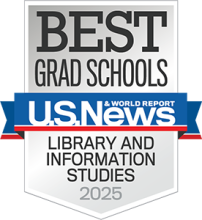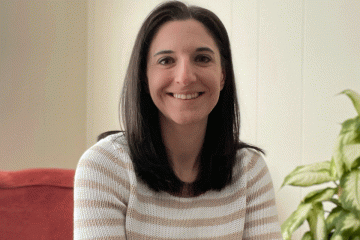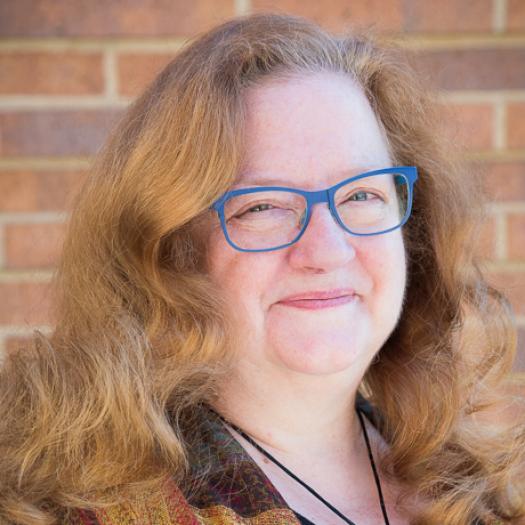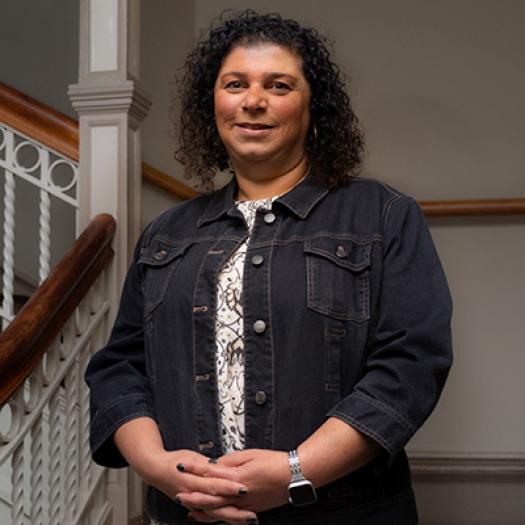Library and Information Science: School Library Teacher Concentration
In the Master of Library and Information Science: School Library Teacher Concentration at Simmons University, you'll connect students with information resources locally and globally, and use technology for research and project-based learning.
Why study in the School Library Teacher Concentration?
Students in the Master of Library and Information Science: School Library Teacher Concentration engage in intellectually rigorous and stimulating course-work focused on instructional technologies used in today's schools. As a school library teacher, you'll be an academic leader — focusing on information literacy and igniting students' interest in reading and technology.
This concentration cannot be completed entirely online. Students have face-to-face classroom options in Boston and at SLIS West (Greenfield and Amherst, Massachusetts) and can undertake some online courses. Practicums must be completed in public schools in Massachusetts.
The School Library Concentration has exceptional academics, faculty, professional mentors, and customizable program options, making it an excellent choice for students driven to become school library teachers.

Ranked among the best
Simmons University is one of U.S. News and World Report’s top ranking schools of library and information science in the nation.
What will you learn?
Simmons' School Library Teacher Concentration consists of 36 credit hours. The core curriculum focuses on technology integration, curriculum development, and literacy initiatives in the K-12 learning environment. For more details, see our Library and Information Science course descriptions.
Students at Simmons participate in supervised fieldwork in area public schools and a practicum experience at both the elementary and secondary school levels — accumulating 75 hours of fieldwork and at least 300 hours of professional experience throughout the School Library Teacher Concentration program.
What can you do with the School Library Teacher Concentration?
Graduates from our program go on to successful careers as school library teachers in elementary, middle and high schools.
After completing our program, graduates are eligible to be endorsed by the Simmons School of Library and Information Science (SLIS) to the Massachusetts Department of Elementary and Secondary Education (DESE) for licensure. The National Association of State Directors of Teacher Education and Certification (NASDTEC) endorses our program and external accrediting agencies commend us on the program's outstanding quality.
Learn more about our School Library Teacher Concentration!
Simmons provides exceptional academic and professional training. Our students go on to successful careers as school library teachers in elementary, middle and high schools. Ready to learn more about what the Master of Library and Information Science: School Library Teacher concentration at Simmons has to offer? Request more information today!



